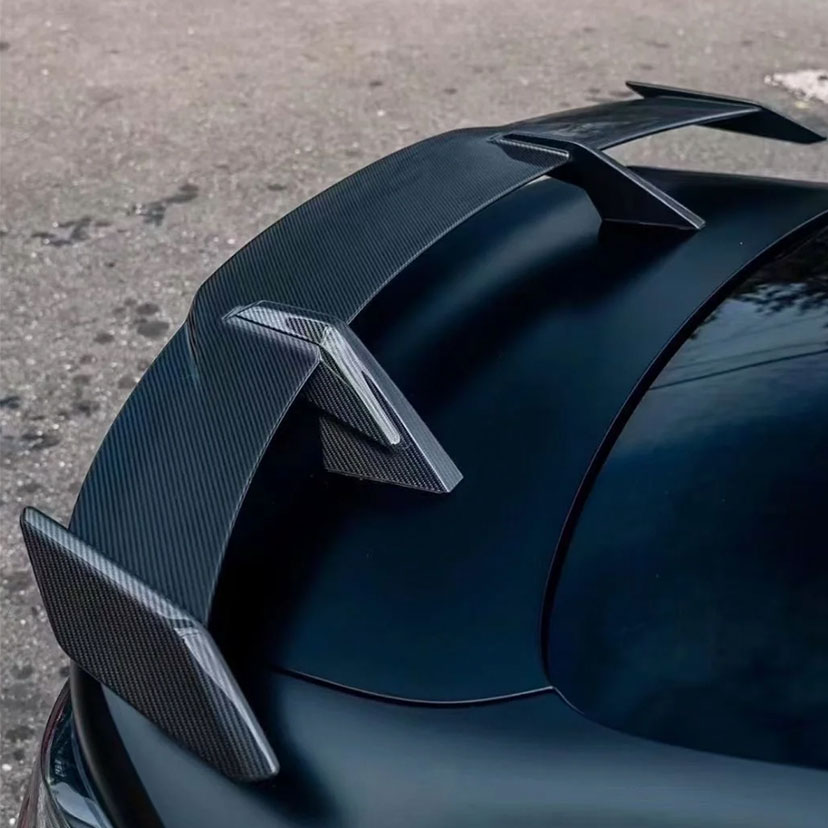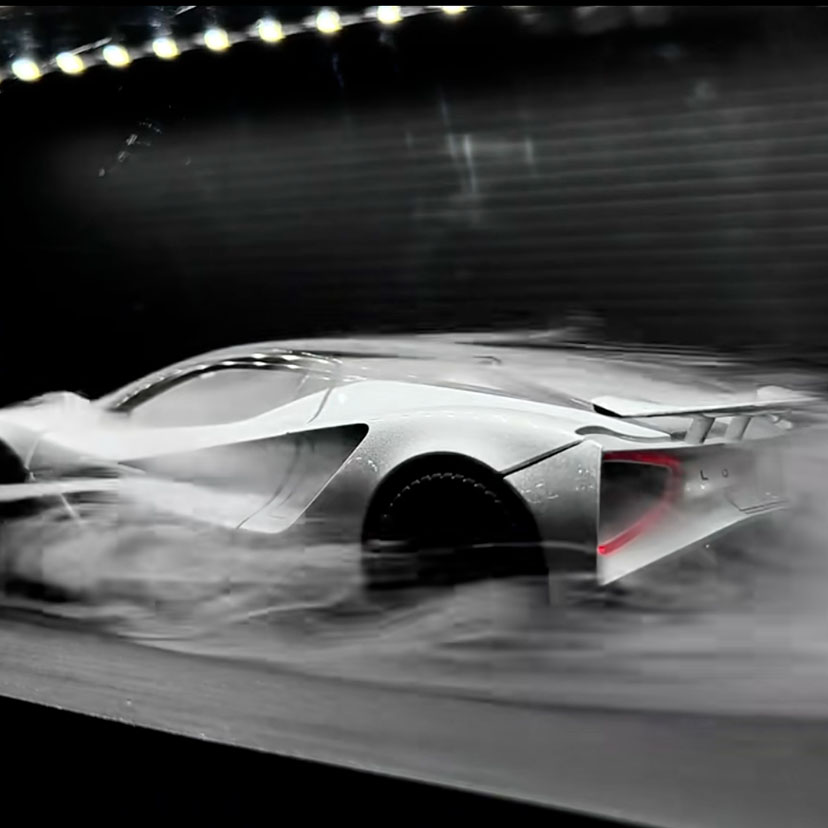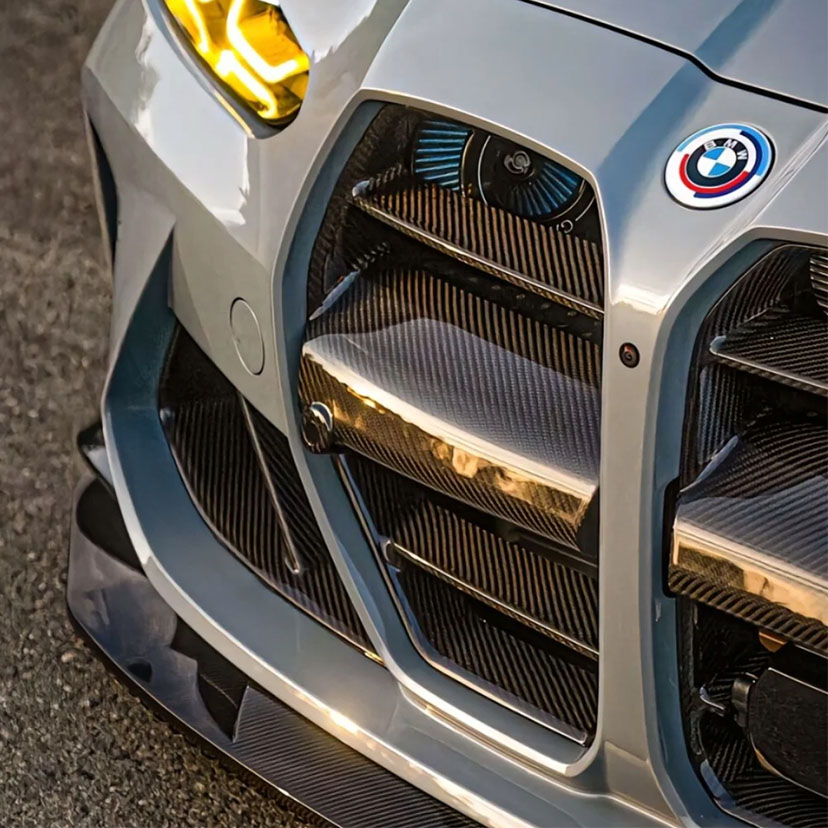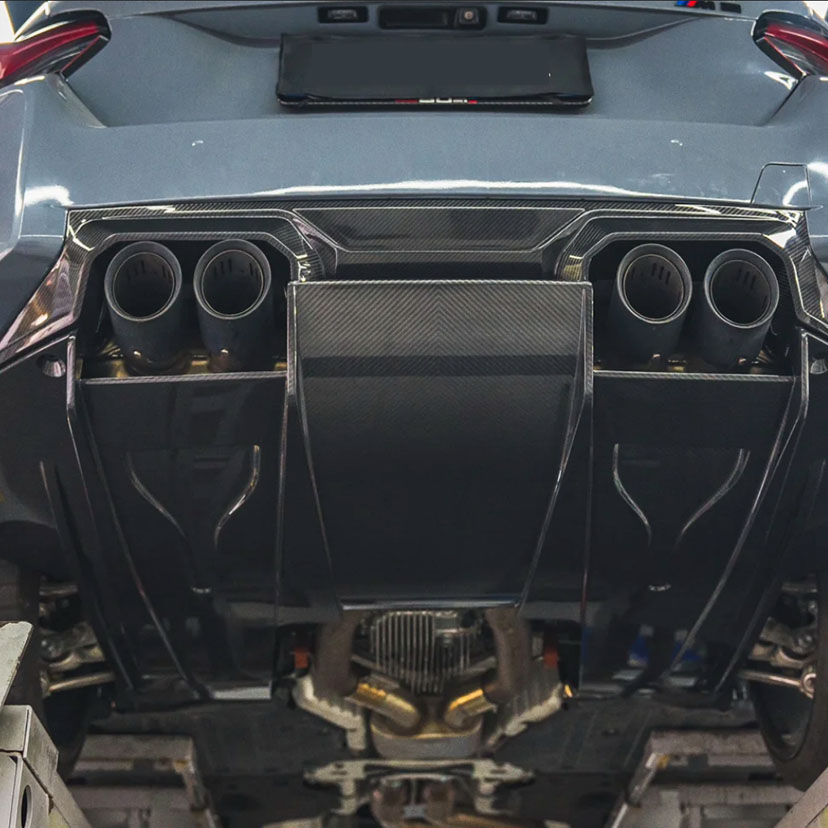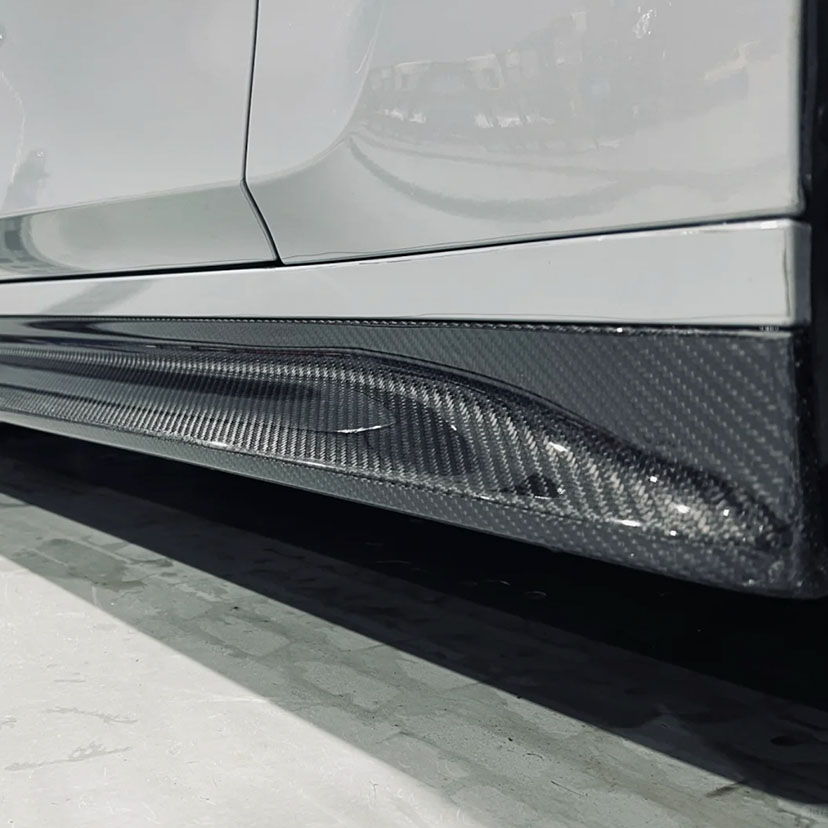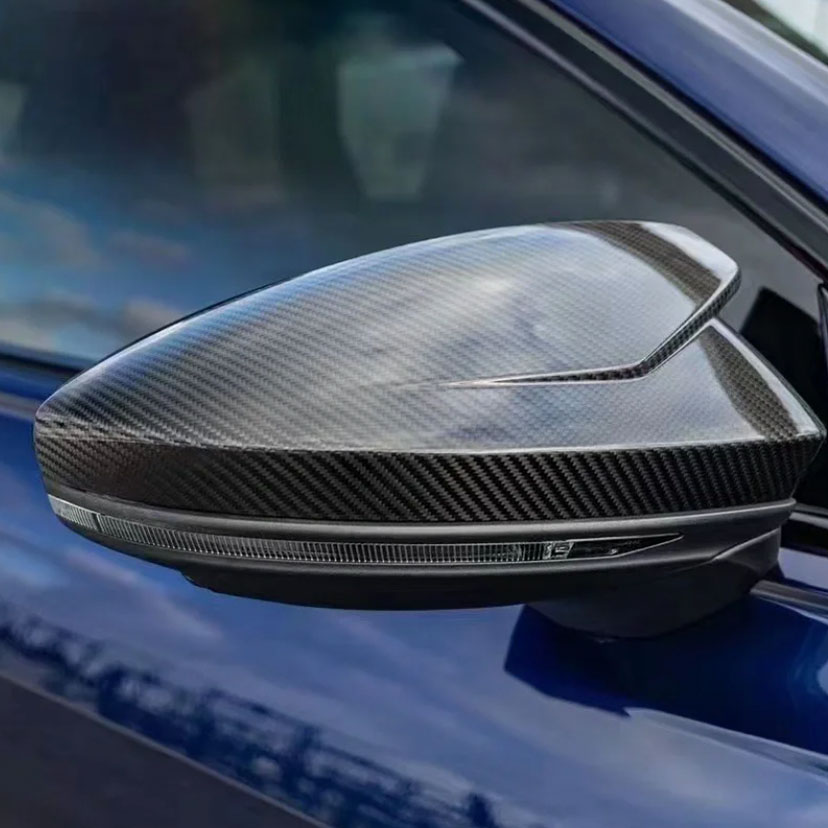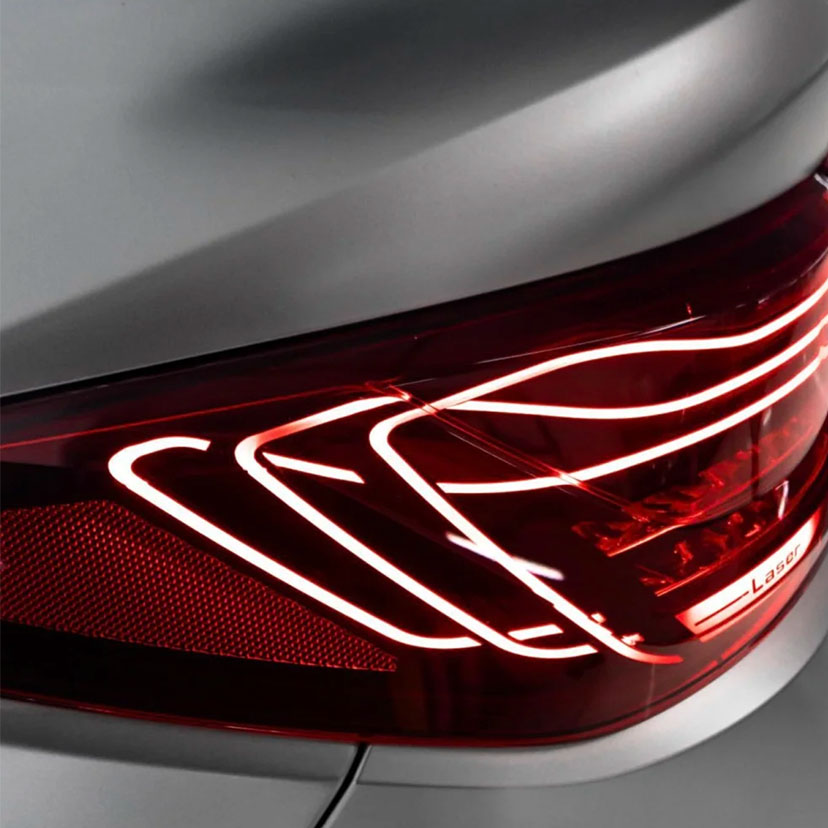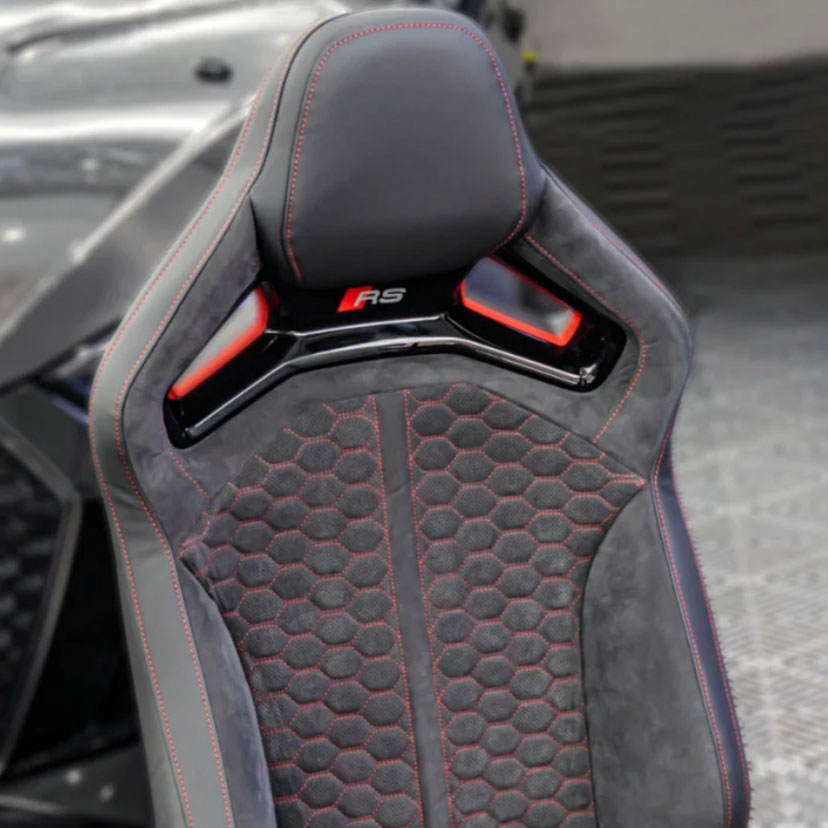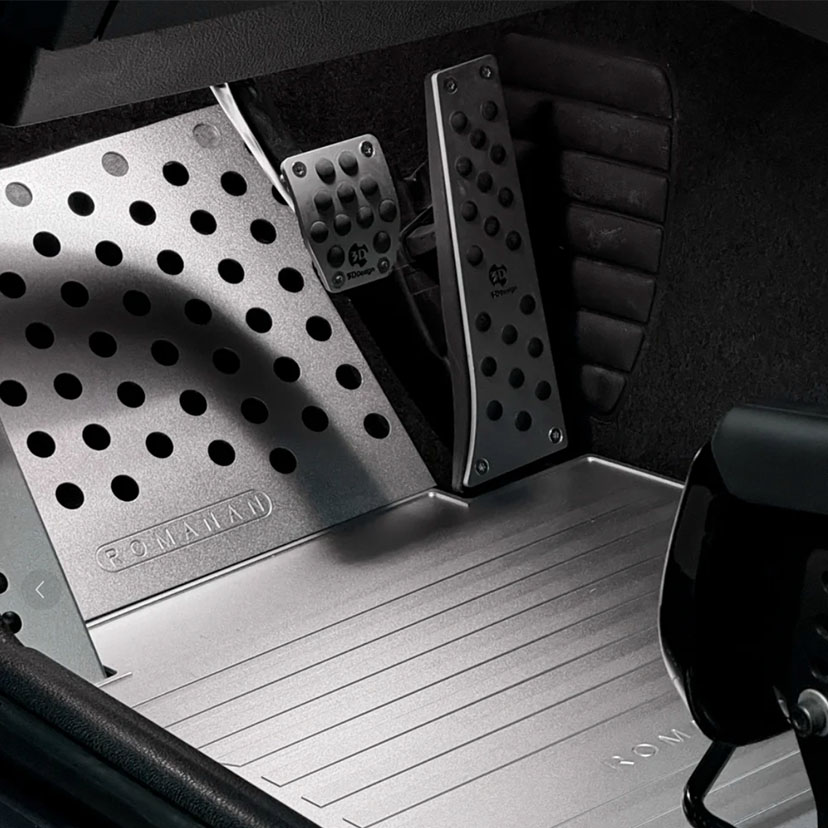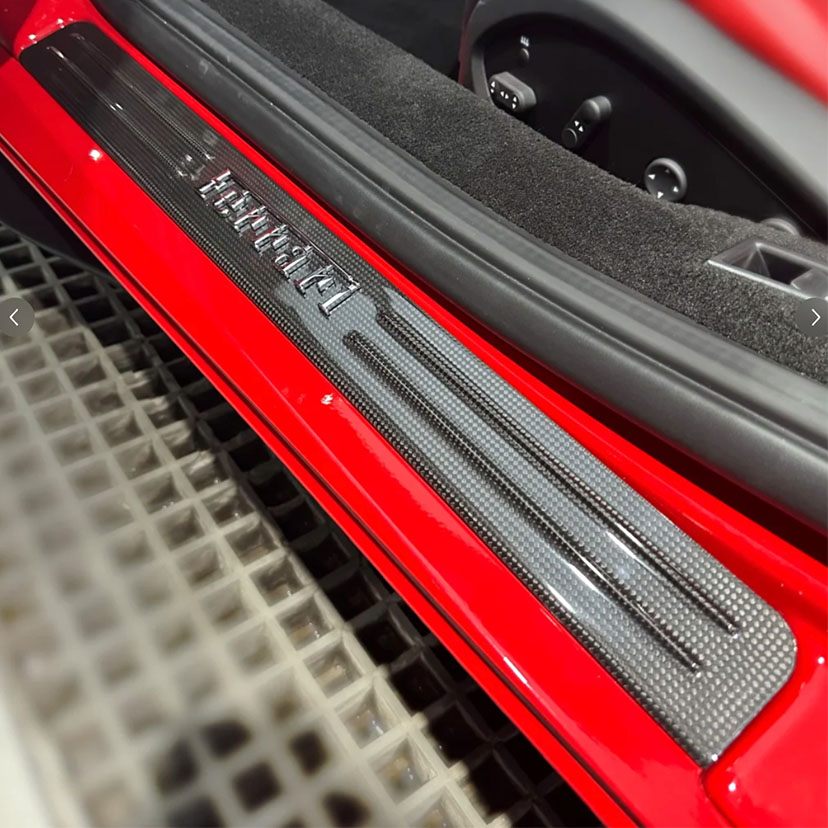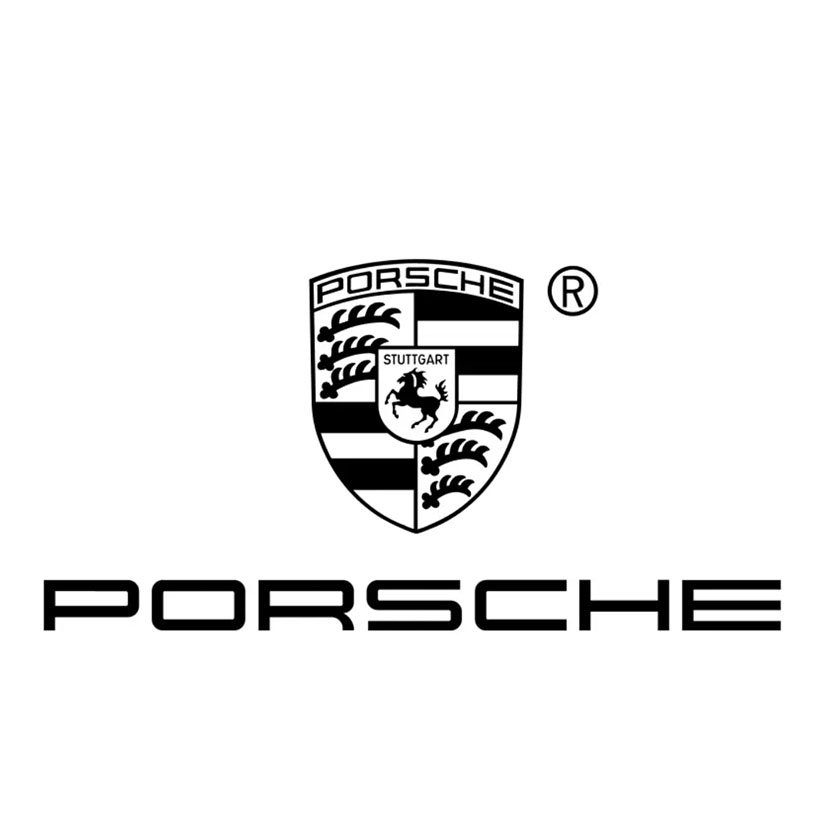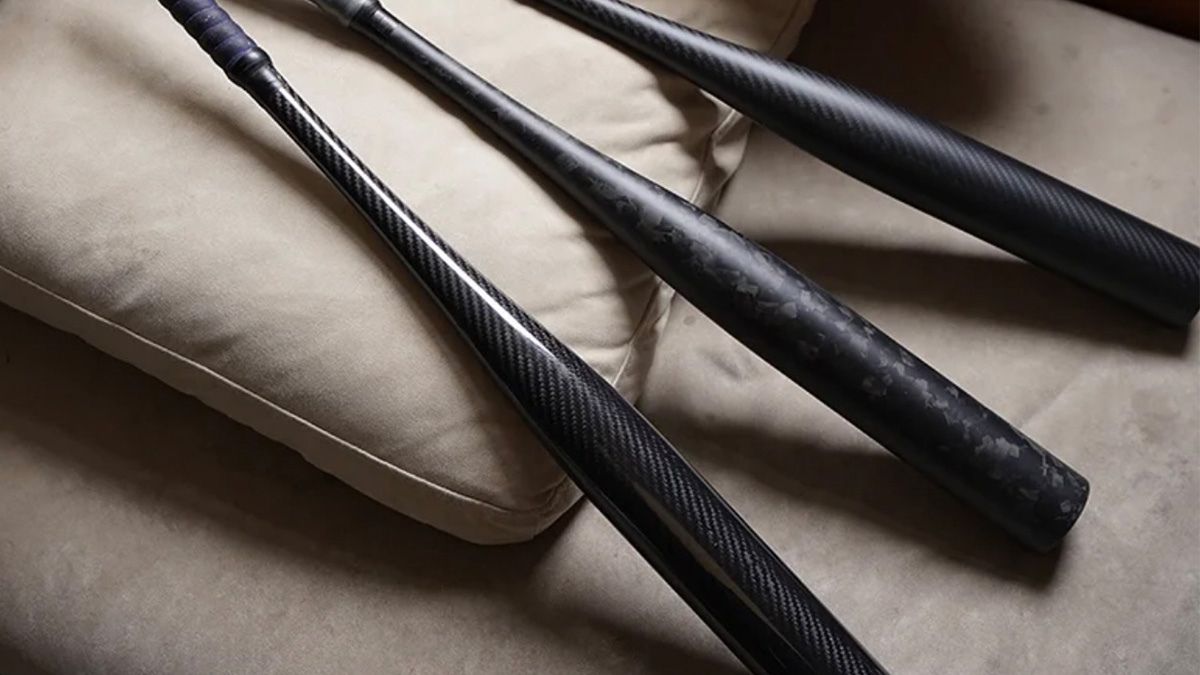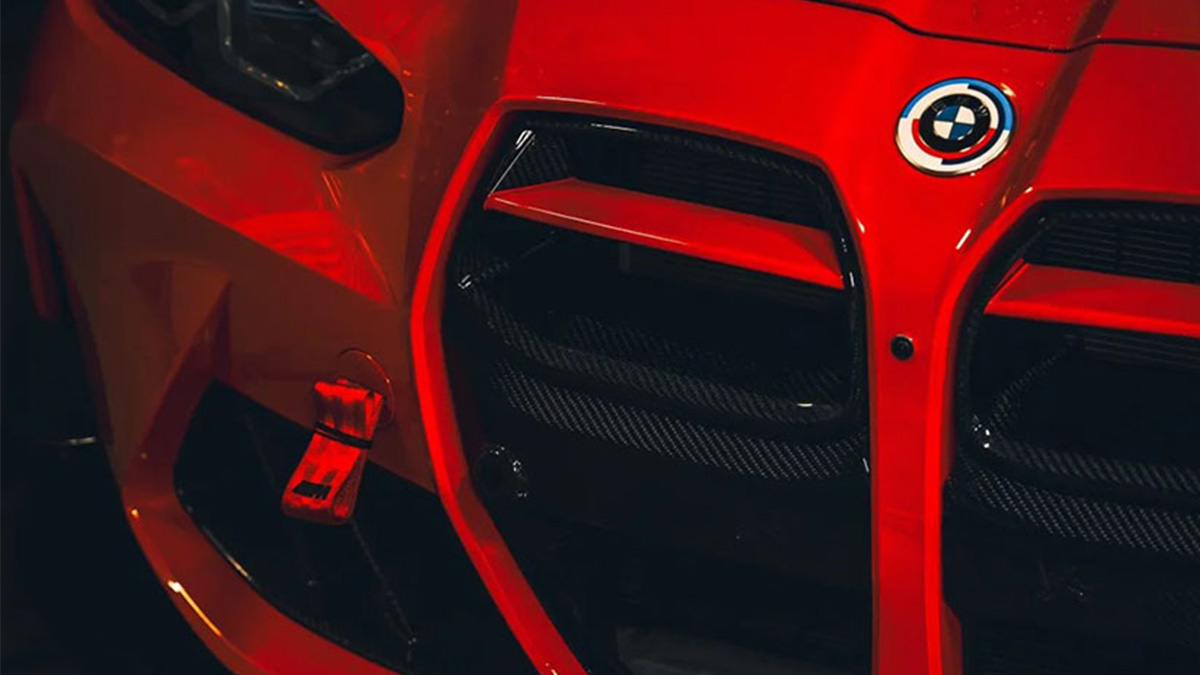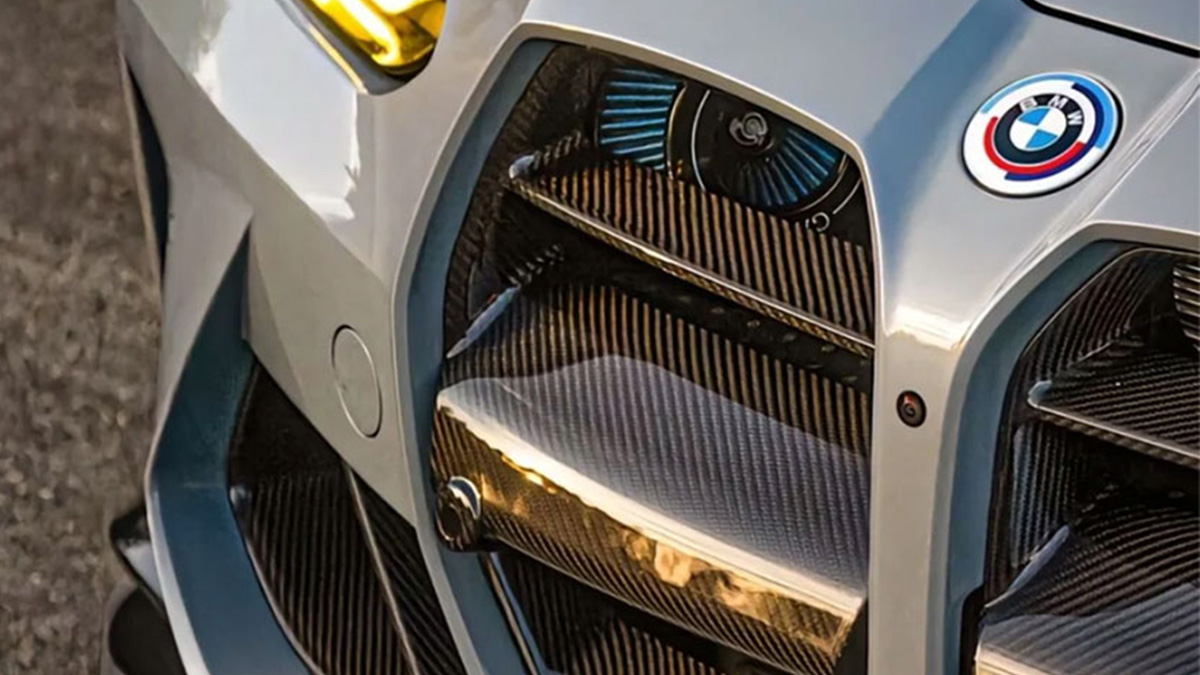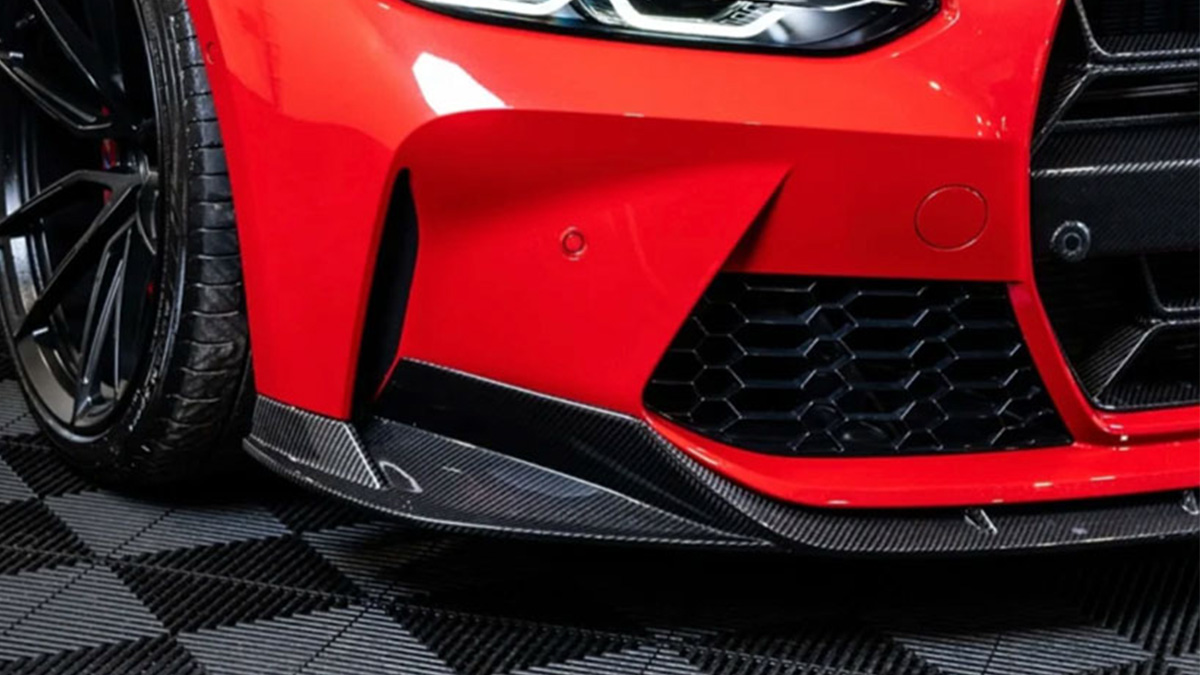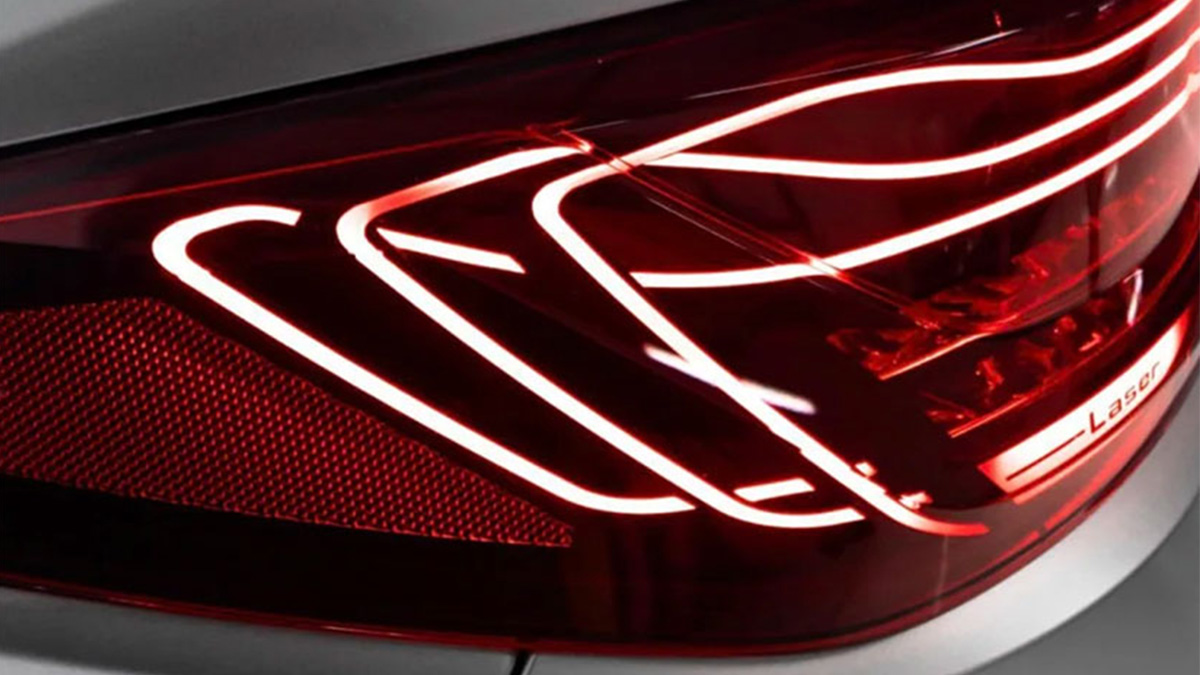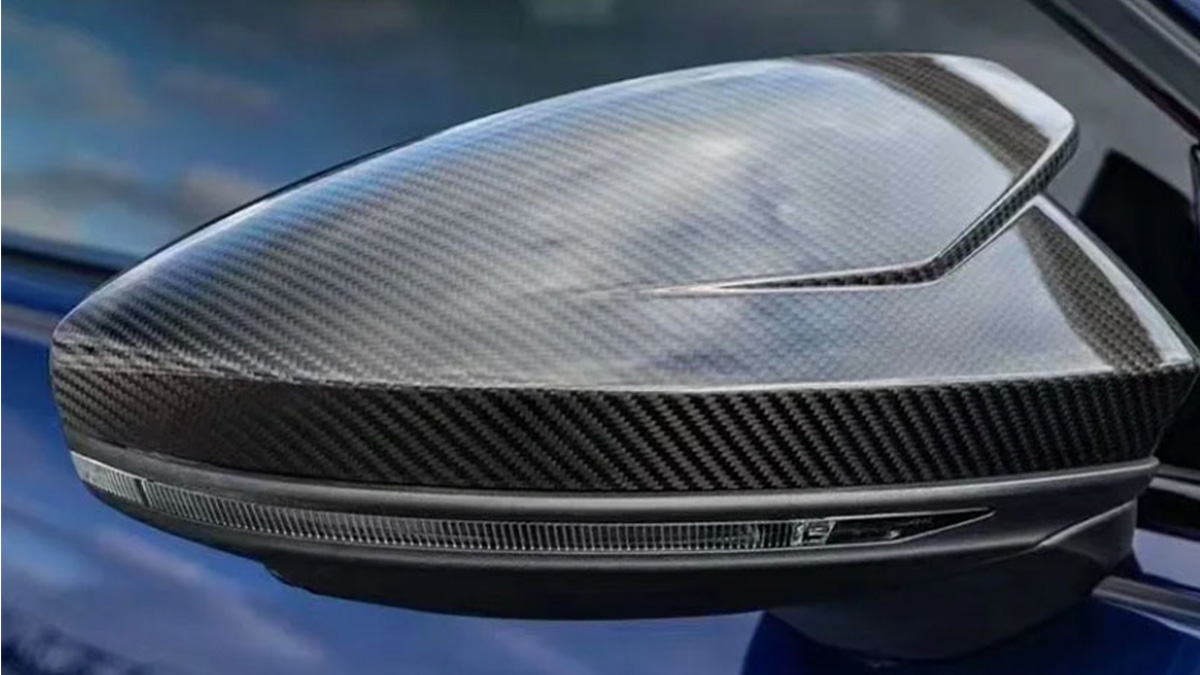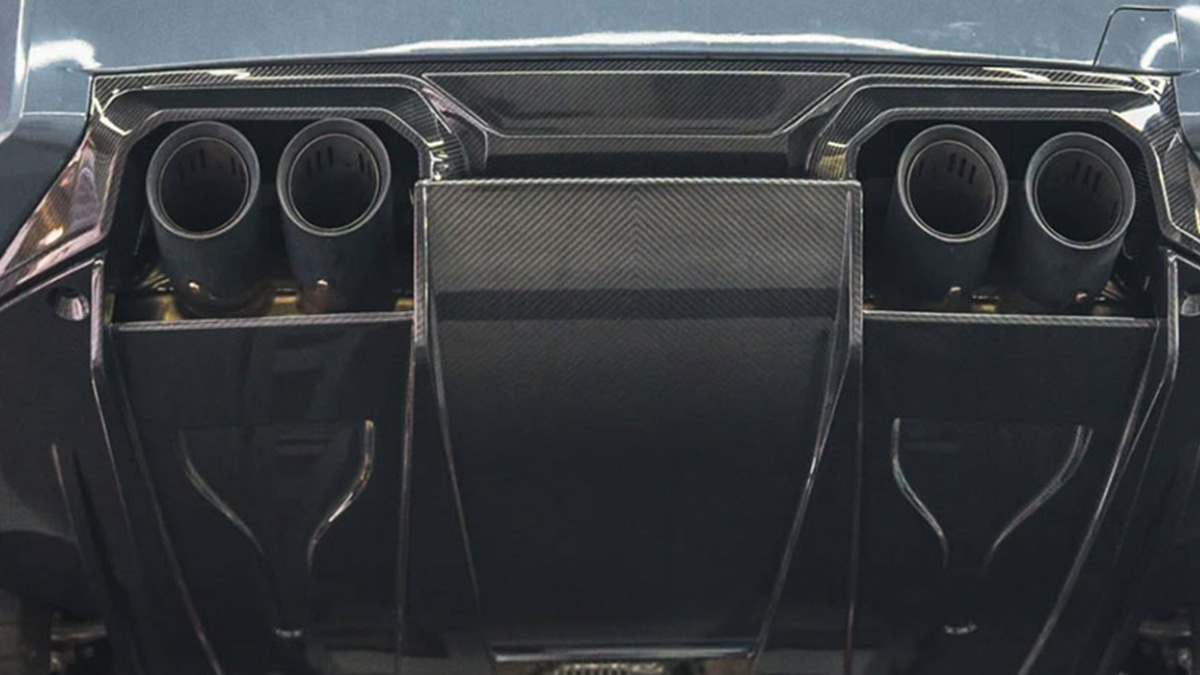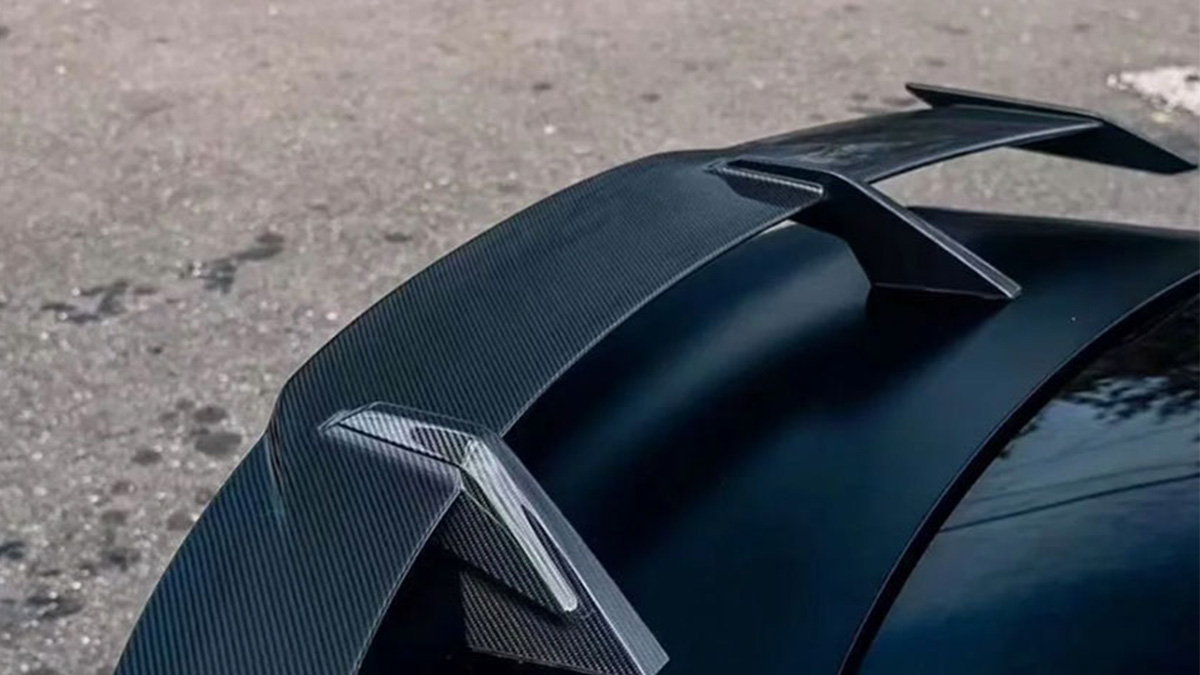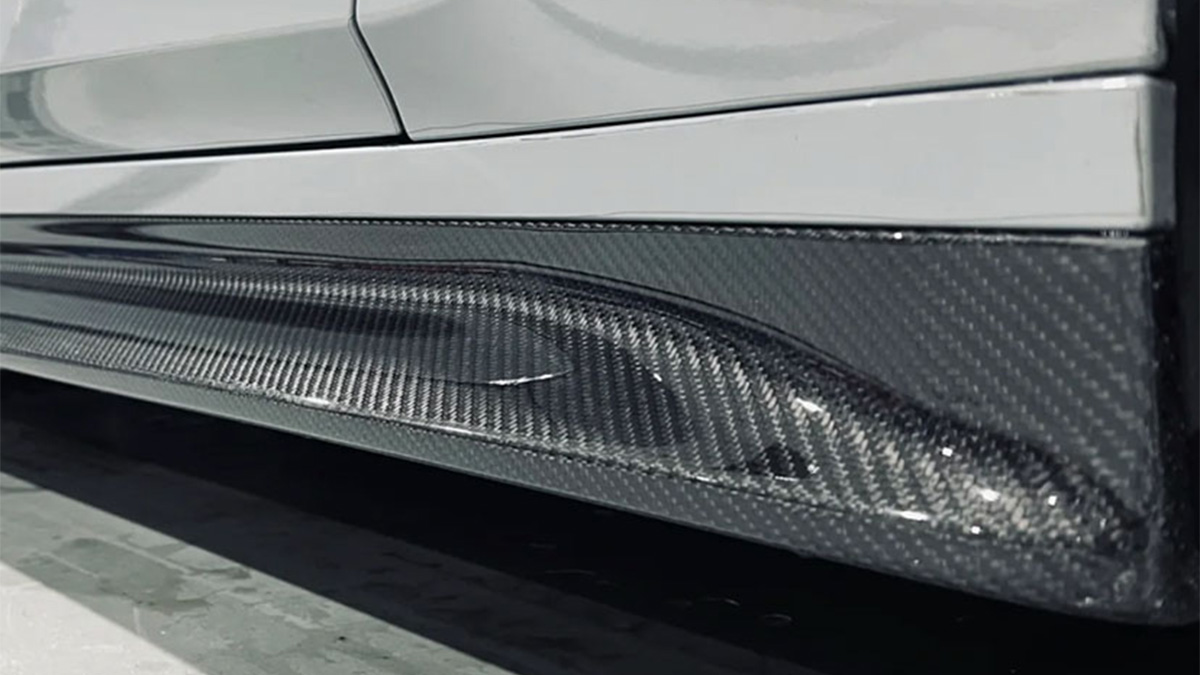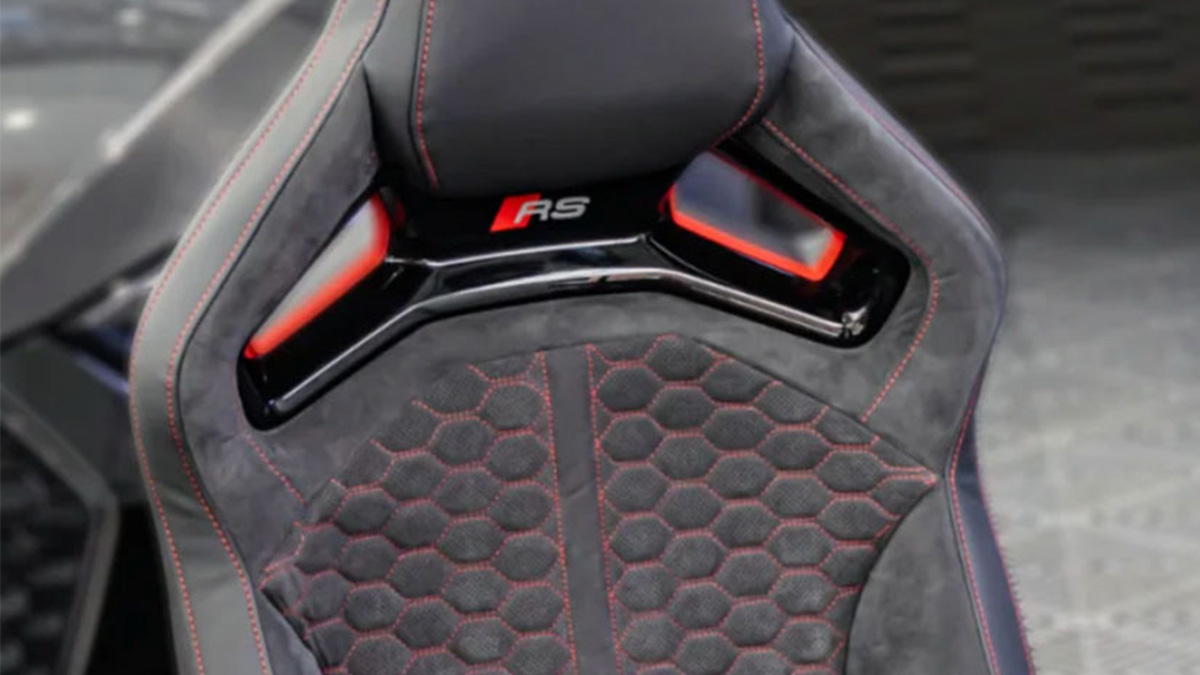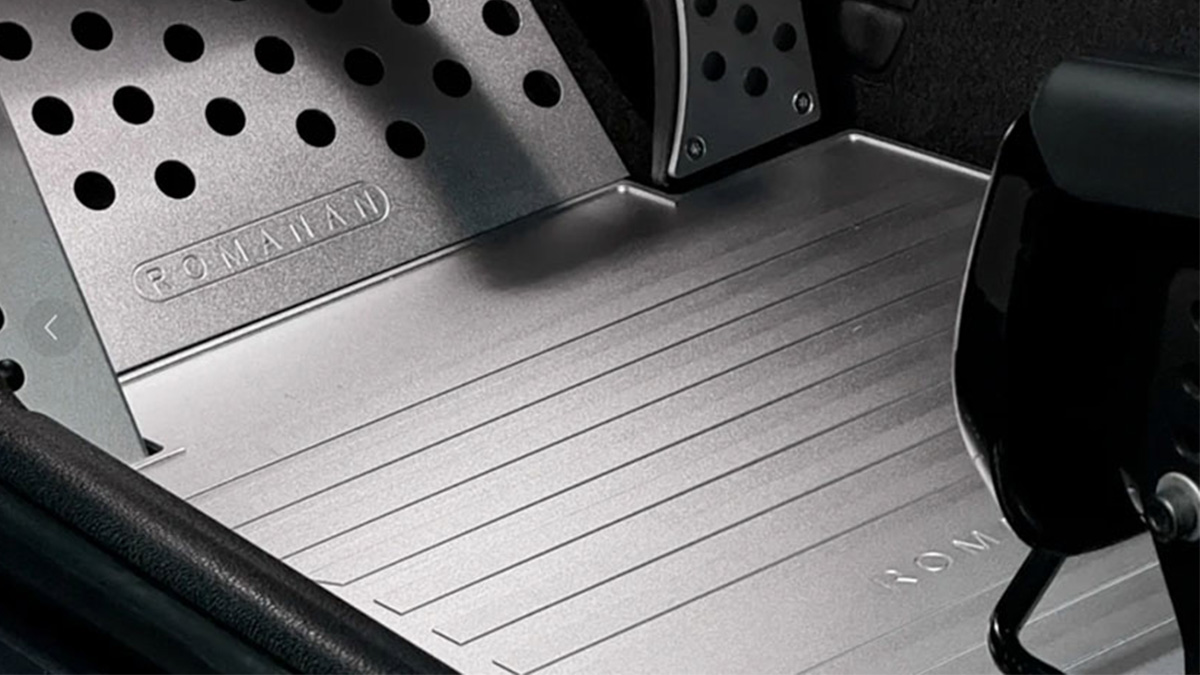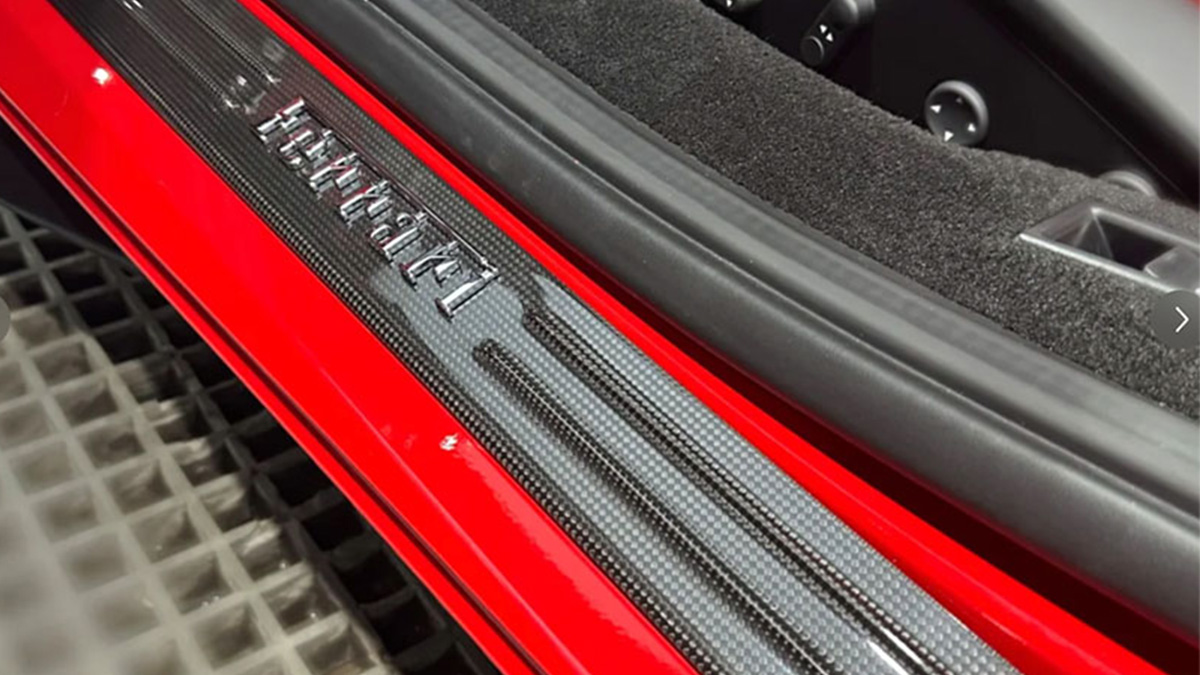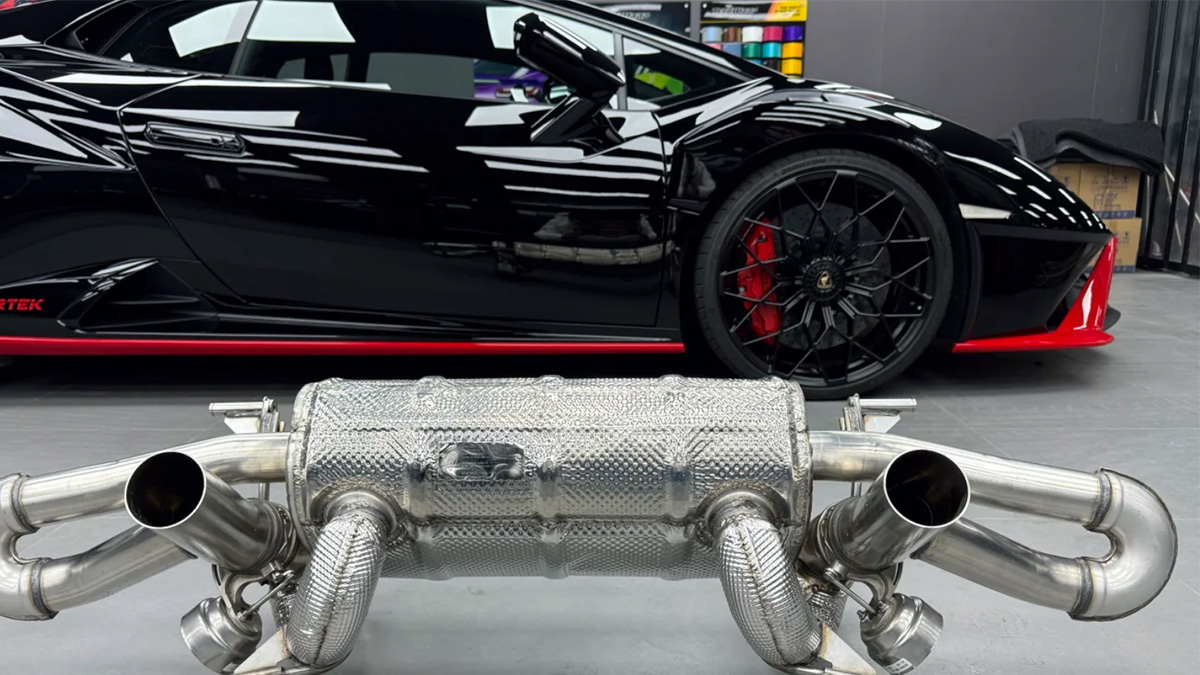The History of Mercedes-Benz W202 AMG: From C 36 to C 43

The Mercedes-Benz W202 AMG models marked a turning point in the evolution of the compact executive sedan. These vehicles combined luxury with groundbreaking performance, setting new standards in the automotive world. The C36 AMG, introduced in 1995, became the first true performance version of the C-Class W202. Its 3.6-liter inline-6 engine delivered up to 287 horsepower, offering a thrilling driving experience. In 1997, the C43 AMG elevated the segment further with a 4.3-liter V8 engine, becoming the first AMG model fully assembled at the Mercedes-Benz factory. Both models redefined the compact executive sedan by blending comfort, handling, and power in a way that rivaled competitors like the BMW M3.
Key Takeaways
The C36 AMG came out in 1995. It was the first sporty version of the C-Class. It had a strong 3.6-liter inline-6 engine and luxury features.
The C43 AMG arrived in 1997. It had a bigger 4.3-liter V8 engine, making it faster and setting new standards for AMG cars.
AMG worked with Mercedes-Benz to make high-performance cars more popular. This started with the C36 AMG.
The C36 and C43 AMG became leaders in the small luxury car market. They competed with cars like the BMW M3.
Today, W202 AMG cars are seen as modern classics. Collectors love them for their mix of luxury, speed, and history.
The W202 C-Class and the Birth of AMG Sedans
The Introduction of the C-Class W202
The W202 C-Class marked a significant milestone in the history of Mercedes-Benz. It replaced the 190 Series and introduced the C-Class name, establishing a new entry-level vehicle for the brand. This generation of the C-Class brought technological advancements that set it apart from its predecessors. One of the most notable innovations was the introduction of the common rail diesel engine. This technology improved both performance and fuel efficiency, making the W202 a practical yet powerful choice for drivers.
The W202 C-Class offered a wide range of engine options, including both diesel and petrol variants. This variety appealed to a broad audience, from those seeking fuel economy to enthusiasts craving more power. The launch of the first AMG model, the C36 AMG, in 1995 further elevated the W202’s reputation. It showcased Mercedes-Benz’s commitment to blending luxury with high performance. Subsequent AMG models, such as the C43 AMG, solidified the C-Class as a strong competitor in the compact executive car market.
AMG’s Collaboration with Mercedes-Benz
AMG’s partnership with Mercedes-Benz began in 1990 with a cooperation agreement. This agreement allowed AMG products to be sold through Mercedes-Benz’s global dealer network, significantly increasing their accessibility. The collaboration reached a new level in 1993 with the development of the first jointly produced vehicle, the Mercedes-Benz C36 AMG. This model became a symbol of the partnership’s success.
The agreement marked a turning point for AMG. By leveraging Mercedes-Benz’s resources and reputation, AMG gained greater customer acceptance and demand for its vehicles. The partnership also enabled the creation of high-performance AMG models that combined luxury and speed. The C36 AMG, as the first product of this collaboration, set the stage for future innovations and established AMG as a key player in the performance car segment.
The C 36 AMG: The First W202 AMG

Launch and Market Impact
The C 36 AMG debuted in 1995 as the first AMG model based on the C-Class W202. It marked a significant milestone for Mercedes-Benz, as it was the first vehicle developed in collaboration with AMG after their partnership began. Positioned as a high-performance alternative to the standard Mercedes-Benz C-Class, the C 36 AMG aimed to compete directly with the BMW M3. Its introduction signaled Mercedes-Benz’s commitment to blending luxury with performance in the compact executive car segment.
The market reception was overwhelmingly positive. Enthusiasts praised the C 36 AMG for its refined driving dynamics and powerful engine. It offered a unique combination of comfort and sportiness, appealing to a wide range of buyers. The model also helped establish AMG as a household name in the performance car industry, paving the way for future AMG models.
Technical Highlights of the C 36 AMG
The C 36 AMG featured a hand-assembled M 104 E 36 AMG engine, showcasing AMG’s engineering expertise. This engine, derived from the standard M 104 E 28, underwent significant modifications to enhance performance. Key technical highlights included:
Increased engine capacity from 2,799cc to 3,606cc through enlarged cylinder bores and an extended stroke.
Enlarged cylinder head ports and sodium-filled exhaust valves for improved airflow and heat dissipation.
Forged aluminum pistons with a higher compression ratio of 10.5:1.
A reprogrammed Bosch HFM engine management system and a free-flow exhaust system.
These upgrades allowed the C 36 AMG to achieve a 0-62 mph time of just 6 seconds, with a top speed electronically limited to 155 mph. The model’s stiffer suspension and enhanced handling dynamics further elevated its driving experience.
Design and Luxury Features
The C 36 AMG stood out with its distinctive design and luxurious interior. Externally, it featured redesigned bumpers and skirts that improved aerodynamics and reduced lift. The sporty aesthetic was complemented by AMG-branded wheels and a more aggressive stance. Inside, the cabin offered a blend of comfort and sportiness. Highlights included:
AMG-branded speedometer and a C 36-branded gear knob.
Sports seats and faux exposed carbon fiber trim on the central console.
Extensive personalization options, such as upgraded wheels and premium interior materials.
The combination of these features made the C 36 AMG a standout in the compact executive car market. It delivered not only superior performance but also a level of luxury that set it apart from competitors.
The Evolution to the C 43 AMG

The Shift to V8 Power
The introduction of the C 43 AMG in 1997 marked a pivotal moment in the evolution of the W202 AMG lineup. This model became the first AMG car fully assembled at the Mercedes-Benz factory after AMG became a subsidiary of Daimler-Benz. This shift in production reflected a new era of engineering capabilities and collaboration. The most significant change was the transition from the 3.6-liter inline-six engine in the C 36 AMG to a 4.3-liter V8 engine in the C 43 AMG. This upgrade delivered a substantial increase in horsepower and torque, enhancing the car’s overall performance.
Despite being 0.1 seconds slower in the 0-60 mph test compared to its predecessor, the C 43 AMG offered improved handling and comfort. These refinements demonstrated a shift in focus toward a more balanced driving experience. The V8 engine also introduced a deeper, more resonant exhaust note, which became a defining characteristic of the model. This combination of power, sound, and refinement solidified the C 43 AMG’s position as a worthy competitor in the compact executive car market.
Key Differences Between the C 36 AMG and C 43 AMG
The C 43 AMG introduced several key differences compared to the C 36 AMG. These changes extended beyond the engine upgrade and included design and performance enhancements.
Model | Engine Type | Horsepower | Torque | 0-60 Time |
|---|---|---|---|---|
C36 AMG | 3.6L I6 | 280 hp | 252 lb-ft | N/A |
C43 AMG | 4.3L V8 | 306 hp | 302 lb-ft | 5.7 seconds |
The C 43 AMG featured softer, more refined body lines compared to the sharper design of the C 36 AMG. While the C 36 AMG was praised for its aggressive styling, the C 43 AMG reflected the aesthetic trends of the late 1990s. These updates, combined with the V8 engine, made the C 43 AMG a more mature and versatile option in the W202 lineup.
Performance and Design Enhancements
The C 43 AMG introduced several performance enhancements that elevated its status as a high-performance AMG model. The 4.3-liter V8 engine delivered 306 horsepower and 302 lb-ft of torque, allowing the car to accelerate from 0 to 62 mph in 5.7 seconds. The AMG-modified five-speed automatic transmission ensured smooth and responsive gear changes, further enhancing the driving experience.
Design updates included a revised body kit with softer lines, AMG-branded wheels, and a more understated yet elegant appearance. Inside, the C 43 AMG retained the luxurious features of its predecessor while offering advanced technology features for its time. These updates made the C 43 AMG a standout model in the C-Class W202 generation, bridging the gap between performance and everyday usability.
Legacy of the W202 AMG Models
Influence on the Mercedes-Benz AMG Brand
The W202 AMG models played a pivotal role in shaping the future of the Mercedes-Benz AMG brand. The introduction of the C36 AMG and C43 AMG established a new benchmark for performance variants within the C-Class lineup. These models allowed Mercedes-Benz to compete directly with rivals like the BMW M3, which dominated the compact executive car market at the time. By doing so, the W202 AMG models expanded AMG’s presence in the compact segment and demonstrated the potential of high-performance sedans.
This strategic move laid the foundation for future performance models in the C-Class. The success of the W202 AMG series encouraged Mercedes-Benz to continue developing AMG versions of its compact sedans. Over time, this approach solidified AMG’s reputation as a leader in performance engineering. The W202 AMG models also highlighted the importance of blending luxury with speed, a philosophy that remains central to the AMG brand today.
Collectibility and Enthusiast Appeal
The W202 AMG models have become highly sought after by performance enthusiasts and collectors alike. Their unique combination of luxury, performance, and historical significance makes them stand out in the automotive world. The C36 AMG, as the first AMG model developed in collaboration with Mercedes-Benz, holds a special place in the brand’s history. Its hand-assembled engine and limited production numbers add to its exclusivity.
The C43 AMG, with its V8 powertrain and refined design, appeals to those who value both performance and everyday usability. Enthusiasts appreciate its role as the first AMG model fully assembled at the Mercedes-Benz factory. Both models represent a turning point in the evolution of the AMG brand, making them modern classics that continue to attract attention.
Collectors often seek well-maintained examples of these cars, as their rarity and historical importance contribute to their value. The W202 AMG models remain a testament to the innovation and craftsmanship that define the Mercedes-Benz and AMG partnership.
The W202 AMG models left a lasting legacy of innovation and performance. They introduced groundbreaking features that redefined the compact executive car segment. The C36 AMG became the first performance model for the C-Class, while the C43 AMG brought a powerful V8 engine that influenced future designs.
Model | Engine Type | Significance |
|---|---|---|
C36 AMG | N/A | First performance model for the C-Class |
C43 AMG | 5.4L V8 | Introduced a powerful engine, influencing future models |
These models are now considered modern classics in the Mercedes-Benz lineup. The W202 C-Class stood out for its luxurious interior and advanced safety features. The AMG variants, particularly the C36 AMG and C43 AMG, established a competitive edge against rivals like the BMW M3. The C36 AMG, with its handcrafted 3.6-liter engine, showcased exceptional craftsmanship and performance, solidifying its status as a classic.


